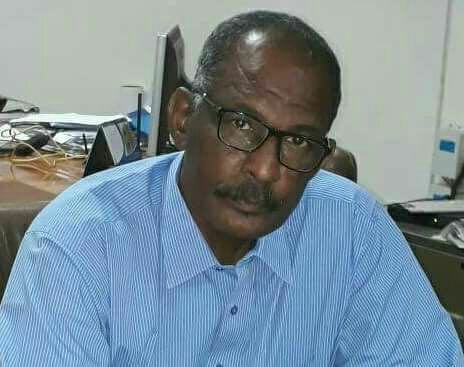Taqaddum… Cracks Appear

By: Mohamed Wadda’a
Taqaddum emerged as a well-orchestrated and heavily backed coalition, an extension of Volker’s project and the Quartet’s agenda, supported by European and British efforts with promises of funding. The goal was to rally as many civil and political forces as possible into a unified front that would appear more cohesive and stable than it did after Taqaddum’s establishment.
The European Union’s influence played a significant role in prioritizing civil society organizations over political forces and parties. This was one of the major factors behind Taqaddum’s failure to become a broad national front that could agree on key objectives regarding ending the war and shaping a post-war vision.
Numerous complexities hindered this group from engaging in a genuine internal dialogue that could have led to a new approach—one that draws from the revolution’s legacy, differentiates between national strategic goals and foreign agendas, and avoids intelligence entanglements with external powers.
Now, cracks are forming within Taqaddum as factions begin to split: some seek to participate in a “civilian” government within militia-controlled areas, while others reject this outright.
It is difficult to imagine a single coalition where one faction advocates for forming a government while another opposes it—they are bound to split. This raises major questions:
- Who will retain the name “Taqaddum”?
- How will leadership and restructuring be handled?
- Will either faction reconsider the Addis Ababa agreement with the Rapid Support Forces (RSF)?
- What about funding and financial commitments?
Some issues may be settled amicably, while others—such as the coalition’s name and official seal—will likely lead to disputes, as agreements, correspondence, and protocols under Taqaddum’s name remain active and continue to yield benefits.
Will the anti-parallel government faction merely stop at rejecting the move, or will this push them to actively counter their former allies who now seek stronger ties with the RSF and its regionally backed project?
More importantly, will this shift bring them closer to the broader national forces advocating for Sudan’s sovereignty and independent decision-making, represented by the armed forces, led by Sovereign Council Chairman and Army Chief Abdel Fattah al-Burhan, with overwhelming support from the Sudanese people?
Reports indicate that Sudanese Congress Party leader Omer Al-Digir is making contacts to consolidate the new position within Taqaddum, resisting the formation of a government in RSF-controlled areas and strengthening ties with political forces outside the coalition. He is also engaging with armed forces leadership, advocating for a comprehensive Sudanese-Sudanese dialogue—one that excludes no one and is based on a new social contract, leading to a permanent constitution that guarantees equality, public freedoms, social justice, and peaceful power transition through elections.
Amid significant victories by the armed forces and their allies, the resilience of El Fasher, and unwavering public support, the RSF’s declining military capability is becoming increasingly evident. This undermines false narratives about civilian protection and impending famine and brings hope of a decisive victory against the militia and its UAE-backed settler-colonial project.
This shifting reality may intensify pressure on Al-Digir’s faction within Taqaddum to cut ties with the UAE, which would be the best possible move—sooner rather than later.



